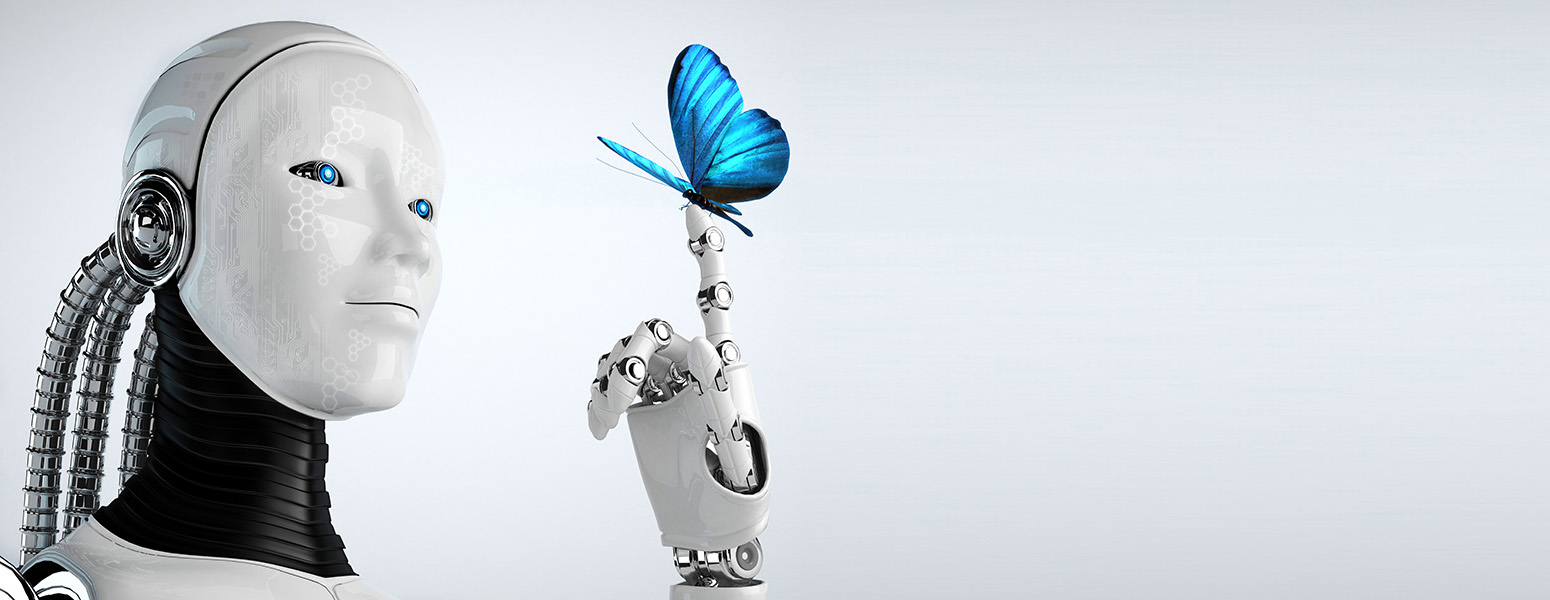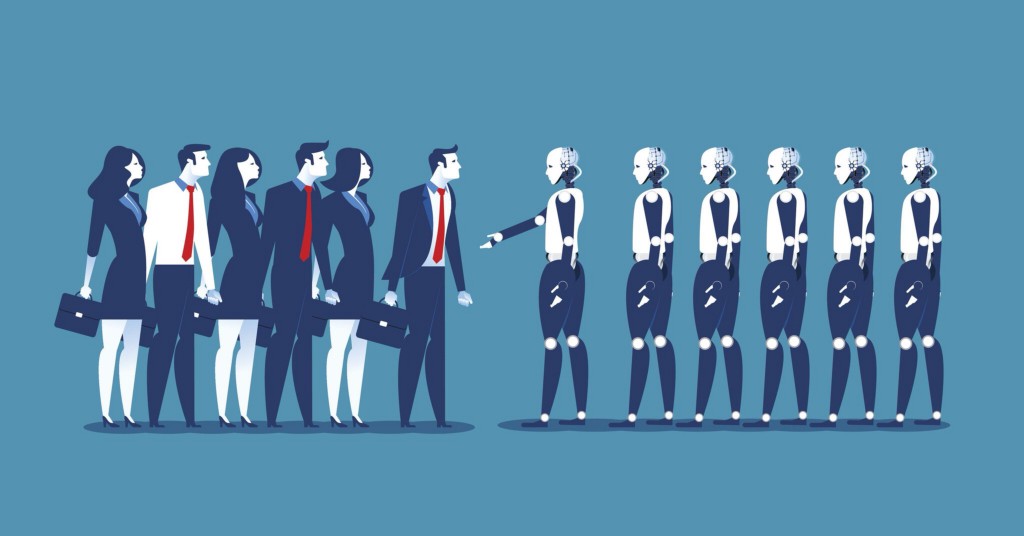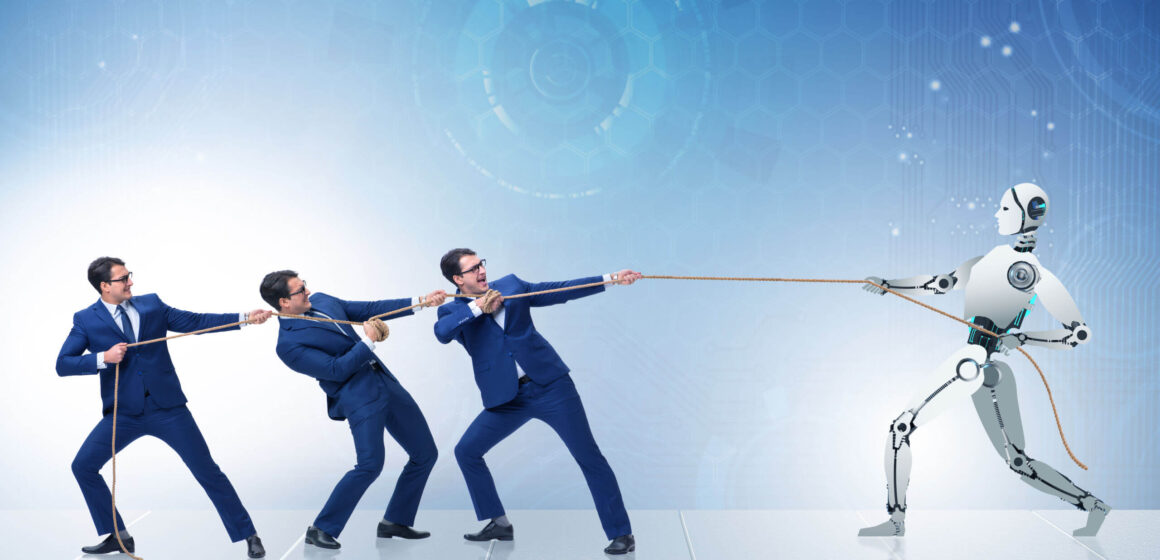The Morality of Machines
As artificial intelligence (AI) becomes more sophisticated and autonomous, a pressing question has emerged: Can machines be moral? And if not, how can we ensure they act ethically? The morality of machines is no longer a philosophical abstraction—it is a tangible issue embedded in the code of self-driving cars, content recommendation systems, predictive policing algorithms, and even medical diagnostics.

What Is Machine Morality?
At its core, machine morality refers to the ability—or programming—of AI systems to make decisions that align with ethical principles. Unlike humans, machines don’t possess consciousness or intent. They don’t “understand” right from wrong. Instead, they follow instructions, learn patterns, and optimize based on goals we set. This makes the morality of machines a human problem, not a machine one.
The Challenge of Embedding Ethics
Embedding ethics into AI is fraught with challenges:
-
Whose ethics? Cultural norms and moral values vary. What’s acceptable in one society may be unacceptable in another.
-
Ambiguity: Many moral decisions lack clear right or wrong answers. For example, in a self-driving car scenario, should the AI prioritize the driver’s life or pedestrians’ lives?
-
Bias: AI systems learn from data. If that data reflects human prejudice or systemic inequality, the AI may inherit and amplify those biases.
Real-World Implications
-
Criminal Justice: AI systems like COMPAS have been used to assess the likelihood of reoffending, but have shown racial bias in their predictions.
-
Healthcare: AI diagnostic tools might prioritize treatments based on cost-effectiveness rather than patient well-being.
-
Social Media: Recommendation algorithms optimize for engagement, which can lead to the spread of misinformation and polarization.
These systems don’t “choose” to be unethical—they simply follow the patterns and incentives given to them.
Can AI Be Held Accountable?
When an AI causes harm, who is responsible? The programmer? The company? The machine? Current legal systems aren’t well-equipped to handle such scenarios. There’s growing debate over whether AI should have some form of legal personhood, but for now, responsibility still falls on human designers and operators.

The Path Forward
-
Transparent Design: We need AI systems whose decision-making processes can be inspected and audited.
-
Ethics-by-Design: Ethical considerations must be built into AI development from the ground up—not bolted on afterward.
-
Interdisciplinary Collaboration: Philosophers, sociologists, engineers, and policymakers must work together to guide AI development.
-
Global Standards: Ethical AI demands international cooperation to avoid a fragmented moral landscape.
Conclusion
Machines may never possess morality in the way humans do, but the decisions they make can carry moral weight. That’s why it’s imperative that we, as a society, ensure AI systems reflect our highest ethical standards. The morality of machines is ultimately a mirror of our own values—and the choices we make today will define the role AI plays in shaping the future.


Leave a Reply